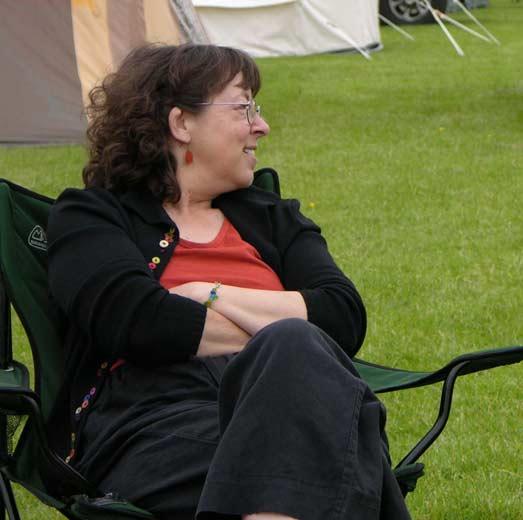cobwebs blown away?*
I think the wind and rain cleaned my head out. It seems to be nearly working again though I haven't stopped taking the tablets. Might try that tomorrow!
Next week but one we're off again, back to the North and the Rochdale canal. This time hopefully, to travel all the way into Manchester and possibly venture underneath Picadilly (Manchester Picadilly) Railway Station where the canal slithers into oily darkness between big concrete pillars and the thunder overhead is the sound of trains. Once seen, never forgotten. Not a romantic or pretty place but splendidly Dante-esque and just a little bit scary. One step below urban and as is always the case with canals, a whole staircase beyond the norm.
Mind, the main part of the journey will be over the Pennines again, locking up and down through twisty ways to one of the most beautiful summit pounds in the country.
I'm not a canal anorak like Barney. But water that carries you uphill and down and all the strange, huge, creaking structures that allow it to do so, are endlessly fascinating and wonderful. The tales (told of an evening in the boat or pub, by Mr Anorak himself) of the men who built them are worth a listen - I wish I had his kind of memory sometimes so I could tell you more.
I wish, even, that he'd write a blog. It would be a wonderful source of traditional and historical interest. If only he could type! (But you might as well say, 'if only dinosaurs could speak' :)
Well, and there will be pies :) (There were rather nice pies in Bampton - the best of the southern kind with thick gooey and crusty pastry and real pieces of chicken and mushroom).
And Oh look! (no not a chicken) The sun's coming out :)
 See you tomorrow maybe :) Have a Happy Friday.
See you tomorrow maybe :) Have a Happy Friday.*I wonder why they're called cobwebs? Is cob an old word for spider?

7 comments:
Sounds wonderful. I can't wait to see your photos of the canals. I wish I was on the road you've pictured here.
LOL
<---about choked on the coffee when the chicken came up..
Of course it's a wonderful photo!
And of course we can't wait for canal stories and more drawings and wonderful water photos.
*sigh*
Himself has a head full of 'stuff' and it always amazes me what he knows and has a need to know.
AND he types!
Hey......maybe I can get him to start a weblog?
Ahh, finaly a moment to go a visiting and yourself is on the way to adventure!
have a wonderful trip! looking forward to seeing what lovely photo's you bring back!
Where the canal slithers into oily darkness between big concrete pillars, in Manchester, it is passing below an office block rather than Piccadilly railway station, which is a couple of hundred yards away. So the sound of trains overhead really is thunder!
I hope the weather is better than last year Betty, most of my pics were of rainy canals, as if they aren't wet enough already :)
Sorry Mel, didn't mean to choke you *grinning wickedly*. Barney does write a Captains log when we're on the cnals - but it's awfully dry. How many locks we did today and where we stopped and stuff like that :) My holiday notes are much more interesting - if less accurate :)
I'm looking forward to it Sorrow :) I do love water :) And I promise a pic or two when I get back.
Oops! Well at least the oily darkness stands martinc :) It was about* twenty years ago we last went there so thanks for putting me right (though I rather prefer the romanticised version - perhaps Picadilly could be moved a bit to accommodate :)
*I could be wrong about that too :)
It is, as you suggest, formed from cob "spider" and web. Cob was originally coppe (as in Middle English coppeweb, 1323) and later cop. It derived from Old English attercop "spider", which was formed from atter "poison" and coppe "head". Coppe is thought by some to be related to cob "ear of corn" which would make a cob more a "head of corn". Cob has other meanings: "nut" (shaped like a head), "horse" (has a large head) and "male swan" (chief or "head" swan) and a type of (head-shaped) "loaf".
:-)
Well fancy that!
Now I'm wondering about attar (of roses) and atter :)
Also about coppice :) Perhaps the characteristic round topped shape of small woodlands caused by coppicing gave them their name. Or maybe it came from the round shape of a coppiced Hazel tree :)
Nice :)
Post a Comment
<< Home